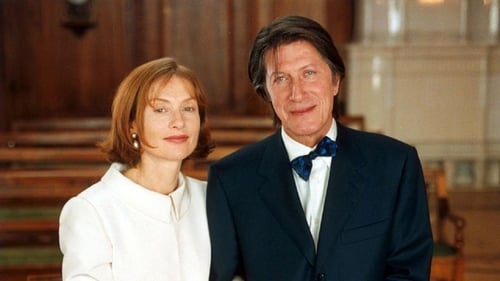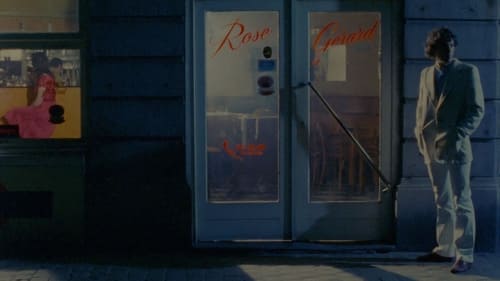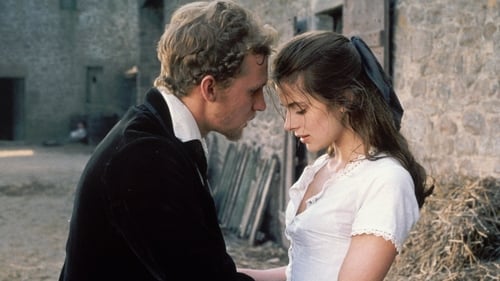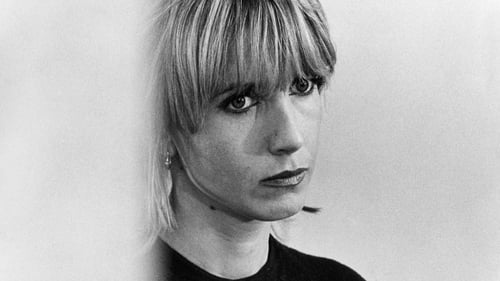
Madame le Maire
Mika is the wife of celebrated pianist Andre Polonski and stepmother to his son, Guillaume, whose mother died in a car wreck on his sixth birthday. Their lives are interrupted by the unexpected arrival of Jeanne, a young woman who has learned that she was almost switched at birth with Guillaume whilst in hospital. Also a pianist, Jeanne harbors a suspicion that she may be Andre's daughter. Andre undertakes to continue her piano tuition, but, on entering the Polonski family, Jeanne begins to notice the icily controlled Mika behaving strangely. Her suspicions aroused, Jeanne begins the dangerous task of unraveling Mika's dark past of secrets and lies...

Following over two dozen different people in the almost wordless atmosphere of a dark night in a Brussels town, Akerman examines acceptance and rejection in the realm of romance.

Harvester
文豪ハーディの名作を、ポランスキーが映像化したメロドラマ。19世紀末、ドーセット地方の貧農の娘テスは遠縁のダーバビル家に奉公に出される。その息子にかどわかされ私生児を孕んだ彼女だが、実家に戻って生んだ子はわずか数週間で死んでしまう。後に働きに出た農場で牧師の息子と美しい恋に落ち結婚するが、テスの過去を初夜に知った彼はそのまま外国に去っていく。流転の人生の果てに再び彼とめぐりあうテスだが、もはや新たな選択は破滅を意味した……。

The film narrates a utopian abandonment, consensual and festive of the market economy and high productivity. The population decides on a number of resolutions beginning with "We stop everything" and the second "After a total downtime will be revived-reluctantly-that the services and products including lack will prove intolerable. Probably: water to drink, electricity for reading at night, the TSF to say "This is not the end of the world, this is an 01, and now a page of Celestial Mechanics". The implementation of these resolutions is the first day of a new era, Year 01. The Year 01 is emblematic of the challenge of the 1970s and covers such diverse topics as ecology, negation of authority, free love, communal living, rejection of private property and labor.

Suzanne
Two men, arty though somewhat staid, are drawn to the spirited and quixotic Rosemonde....



